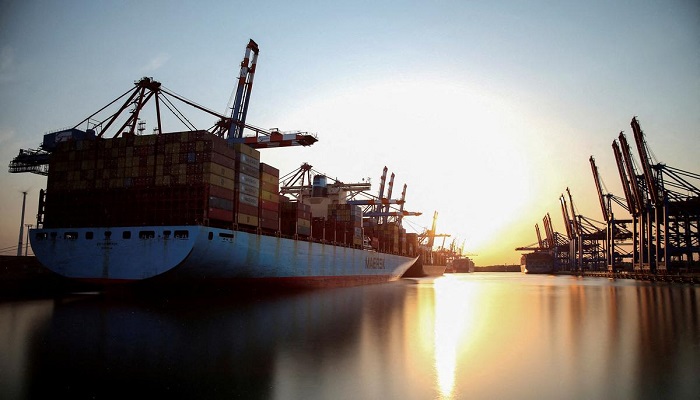It is well to be noted that in the wake of global disruptions, the maritime sector has increasingly embraced digital interconnectivity so as to enhance efficiency, sustainability, and crew welfare. Valour Consultancy goes on to define smart shipping as the utilization when it comes to advanced technology as well as data-driven systems in order to elevate the overall vessel performance along with safety. As a matter of fact, this can very well be unmanned machinery space, remote as well as automated monitoring of machinery, tank levels, and cargo, and at the same time even data analytics that go on to optimize vessel operations by way of predictive maintenance as well as voyage and fuel optimization. Moreover, a vessel must go on to have broadband capabilities like VSAT or cellular and also a vessel management system in order to utilize this technology. It is worth noting that while a true smart ship does not happen to include significant human input, since manual reporting results in data inaccuracies, numerous smart shipping solutions still go on to utilize this form of data collection as it goes on to be dominant within the maritime industry.
What’s included in the report happens to be a comprehensive study of four prominent smart shipping vendor types, such as classification societies, connectivity service providers, data analytics companies, and maritime hardware companies. As per the report author, Alishia Sims, classification societies happen to be a fascinating addition to the report as they indeed have a symbiotic relationship with the smart shipping ecosystem. The fact is that their involvement goes more than certifying smart shipping technologies, as societies go on to offer digitalization solutions, either which happen to be in-house or through the purchase of software companies.
The fact is that smart shipping solutions happen to be increasingly expanding throughout the maritime industry, with an anticipated commercial market of more than $540 million in 2024. An interesting element of the market happens to be that it is common for vessels to hold numerous smart shipping solutions. Merchant shipping, which is then followed by offshore energy, happens to be a dominant application, with major subscriptions contained in the sectors. Nonetheless, passenger vessels, especially the cruise vessels, happen to be unsurprisingly taking up solutions like early adopters as well as testing pools.
Throughout all applications, this adoption is primarily driven by the cost savings associated with the execution of technology and also by the impact of environmental regulations.


































